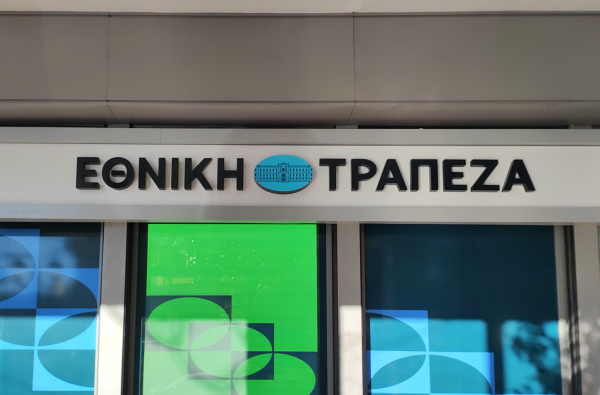The disruption, caused by a malfunction in the OASIS trading system, has raised serious doubts about the exchange’s ability to handle emergencies and maintain market stability.
Hellenic Exchanges – Athens Stock Exchange (HELEX), the organization that operates the market, attributed the problem to a “hardware malfunction affecting the trading system’s infrastructure.”
However, this explanation left more questions than answers.
The incident revealed the apparent failure of the exchange’s much-publicized backup infrastructure, which was supposed to ensure business continuity in precisely such situations. Despite assurances that ATHEX has an active alternative data center—its Disaster Recovery Site—the fact that the session was completely halted suggests that either the backup system failed or was never activated as planned.
The situation becomes even more concerning when considering that HELEX holds an ISO-22301 certification for business continuity management and has repeatedly emphasized the existence of trained crisis management teams.
Yet, when faced with a major technical failure, none of these measures proved effective. The complete suspension of trading undermined confidence in the exchange’s reliability, raising concerns about the credibility of its operational framework. A market that aspires to be taken seriously on the global stage cannot afford to shut down entirely due to a single malfunction, especially when alternative solutions should have been available.
If such a problem could not be resolved without halting the entire session, it raises fundamental questions about the effectiveness of the exchange’s Business Continuity Plan. Public declarations about technological resilience and readiness ring hollow when the system collapses at the first serious test.
This failure also comes at a critical moment for Greece’s financial sector. The Athens Exchange is currently being considered for an upgrade from emerging market status to developed market status by international index providers such as FTSE Russell and S&P Dow Jones Indices. The exchange has already been placed on a watch list for potential reclassification, with FTSE Russell expected to announce a timeline for the upgrade later this month.
However, an incident of this magnitude does little to inspire confidence among international investors. Even if the malfunction itself does not directly impact the market’s status, the perception of poor crisis management and operational instability could undermine Greece’s broader efforts to be recognized as a fully developed financial market.
Adding to the embarrassment was the government’s clumsy response to the incident. The Ministry of National Economy and Finance issued an official clarification at 6:46 PM, attributing the issue to "increased traffic" on the OASIS system—an explanation that was not only inaccurate but also fundamentally misunderstood how stock exchange technology operates. The claim suggested that the system was overwhelmed by excessive demand, as if it were a publicly accessible online service like Taxisnet, Greece’s tax platform, rather than a closed and regulated trading network.
Just 90 minutes later, ATHEX issued its official statement, correcting the misinformation and confirming that the failure was due to a hardware malfunction. This effectively contradicted and discredited the ministry’s earlier claim. The inconsistency between the two explanations highlighted a lack of coordination and competence in handling the situation, further damaging confidence in Greece’s financial governance.
To make matters worse, the ministry’s response went beyond simply misidentifying the cause of the failure. It also announced that a "specialized technology team" would now review the digital infrastructure and oversee system upgrades for the ministry and its affiliated organizations. In doing so, the ministry mistakenly implied that the Athens Stock Exchange operates under its jurisdiction. This was a fundamental error.
ATHEX is a publicly traded, independently operated company, and decisions regarding its infrastructure and crisis management are made by its shareholders—not the Greek government, which has not held a stake in the exchange for years.
The incident, and the clumsy response that followed, raises serious concerns about the effectiveness of Greece’s financial institutions at a time when the country is seeking to improve its standing in global markets. While Athens Stock Exchange CEO Giannos Kontopoulos speaks of a new era of growth and investment opportunities, this failure suggests the opposite: a financial market that lacks the resilience and preparedness expected of a developed economy.
With Greece hoping to secure an international market upgrade, incidents like this serve as a stark reminder that reputation matters, and that confidence in the system is just as crucial as the numbers on the trading floor.



























